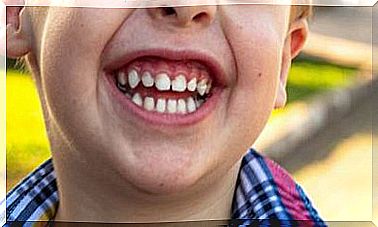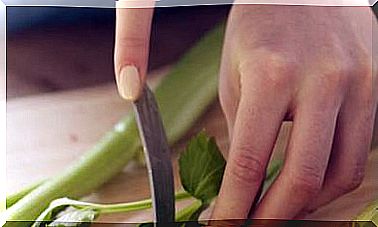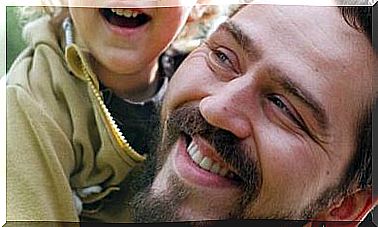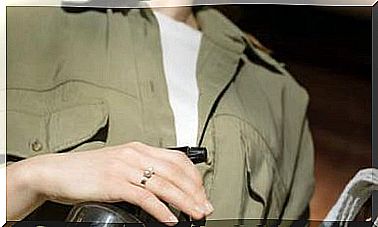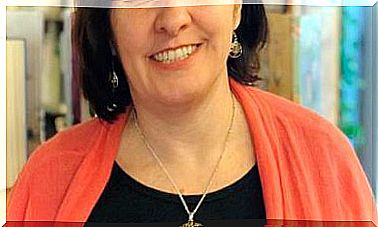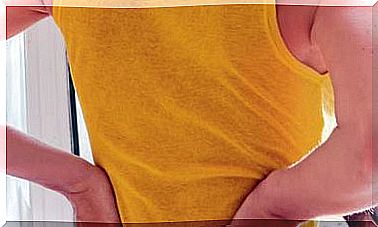Faces Covered By Masks: Will It Affect The Way We Communicate?
The gesture of our mouth, by itself, helps us express hundreds of emotions. Now that we must wear a mask to interact with coworkers, shop assistants, waiters, students, people of all kinds who walk through busy streets … how will we have to adapt our language?
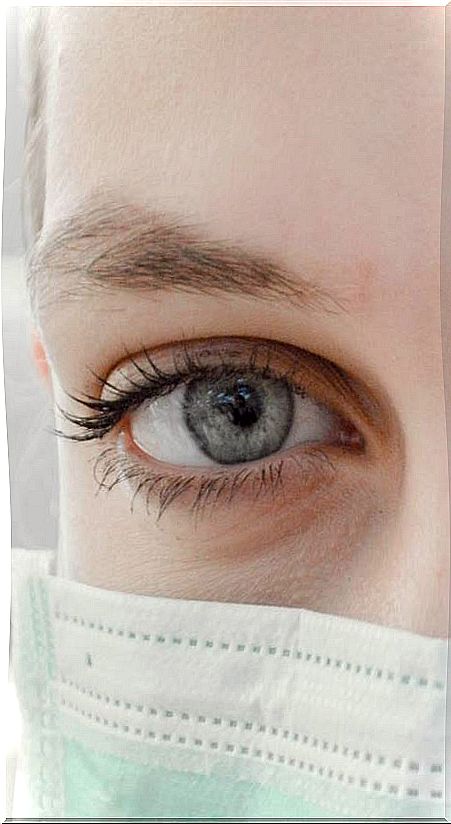
Generally we are not aware of how our gestures change automatically according to what we feel at each moment. It is an acquired language that helps us to communicate: when we observe certain gestures in others we are able to infer what happens to them, how they feel, if they are joking or are serious …
When we cover our mouths with a face mask or mask (something we already do in our work environment, in establishments, on busy streets …), we lose an incalculable level of communication. How incalculable will be all that we will have to reinvent to compensate for those deficits.
Facial gestures are so important in our communication that to communicate through messages on social networks or the telephone we need to support the text with emojis, faces in which the stroke of the lips and the gesture of the eyes help us to transmit those different emotions that sometimes words by themselves are not capable of expressing.
In real life there are thousands of nuances, thousands of faces that we learn to decipher. Let’s not forget that, only with our mouths, we are capable of expressing joy, anger, boredom, love, boredom, rejection, concern and a long etcetera of emotions. And if, in addition, we combine the gestures of the mouth with those of the eyes, we have a spectacular range of possibilities.
Now that the masks will deprive us of that information, we will have to compensate for this loss with gestures with the hands, the elbow, or the entire body. Body expression will be our ally.
Will we have to reinvent our language?
Just today I came across a little girl of about eighteen months who was taking her first steps in a shaky way. I was very amused and, while she was looking at me, I gave her a smile.
Suddenly I realized that with my mask that creature could not see my smile. Only a slight wrinkle in his eyes that, obviously, he has not caught, so he has continued on, looking puzzled.
From this episode a whole series of questions arises that we have left aside in the technical debates about the use of masks. Some of the questions could be: Will the recipients of our information be all the same and will they know how to decipher it in the same way? Will we have to adopt new codes of expression? And what will we do with the previous ones?
How are we going to supply the multitude of gestures that we use with our face?
It is true that we always have the word, but it will have to look for many words to be able to account for feelings and reactions that are usually rather visceral. That come out of the stomach and the heart. Still, it will take effort.
How to compensate for lost communication when necessary
It may be that between adults who know each other or who are on the same “wave” not so much effort is required. However, it will be necessary to work with new contacts, be they within the labor or social world. We must keep in mind, more than ever, to which group the person to whom we are addressing belongs. And very differentially with the special groups:
- If they are young children or with cognitive deficits
It would be convenient if, with a soft voice, the role played by the mask is integrated first. We can invent something – although within a certain truth – so that they do not get scared, or create added distrust. After this, it will help to accompany our speech with gestures of the hands that are pleasant to them.
- More sensitivity with people who suffer from more or less serious psychic conflicts
For those who suffer from a social type of phobia (agoraphobias or any other type), confronting someone covered up can generate more anguish. Reassuring them with your voice and kind gestures can lower their anxiety level and we can communicate with them.
Something similar can happen with paranoias or with those who are very distrustful of people. Talking and explaining who we are, with a friendly tone, will allow us to relax situations.
- Attention when communicating with very old people
Although they are aware that the masks are to protect us all, not seeing the face of the person looking at them can scare them. Greeting them and talking about something that interests them will lower their alertness.
What is quite clear is that, what was previously solved with a small smile, a face of surprise or indignation, will now require doing a whole mental calculation regarding how to convey those same feelings with a diminished mimicry in an essential part, the face whole. Because, as the saying goes, the face is the mirror of the soul, but not just the eyes.

